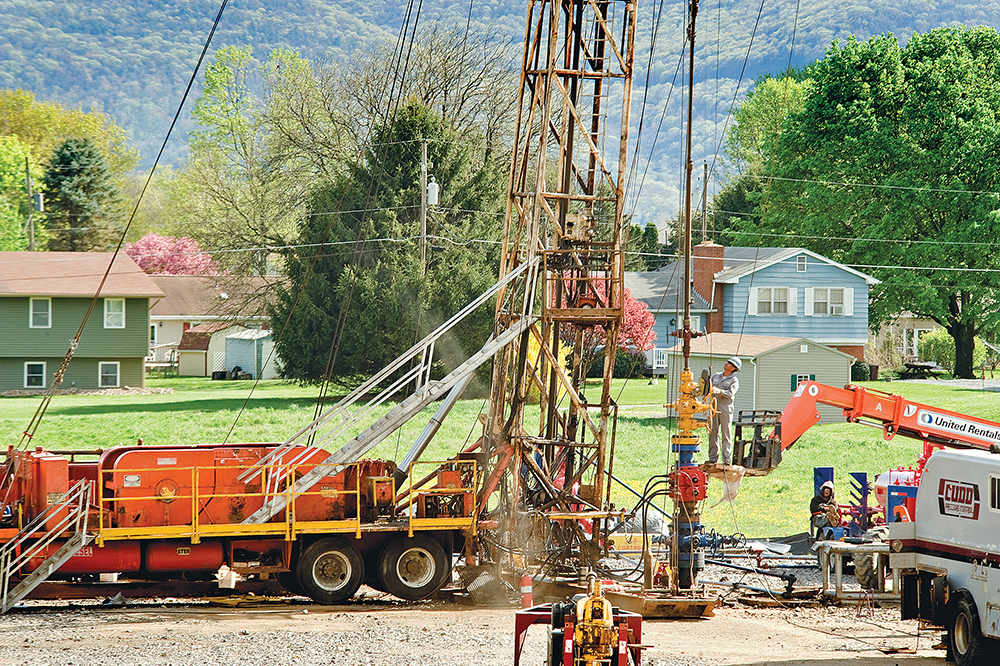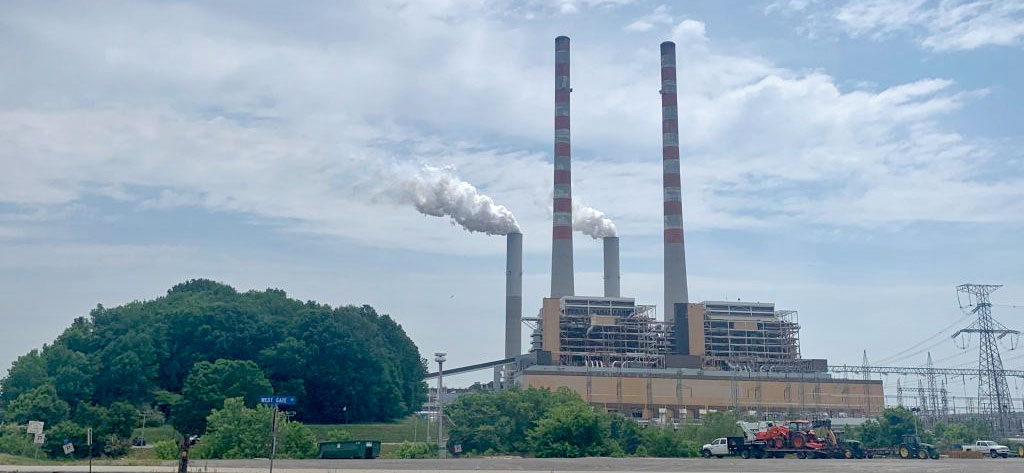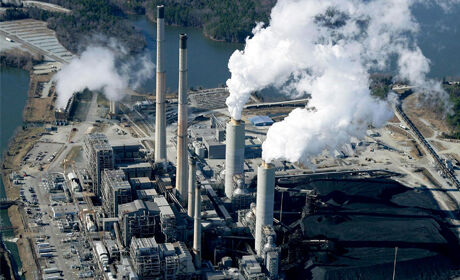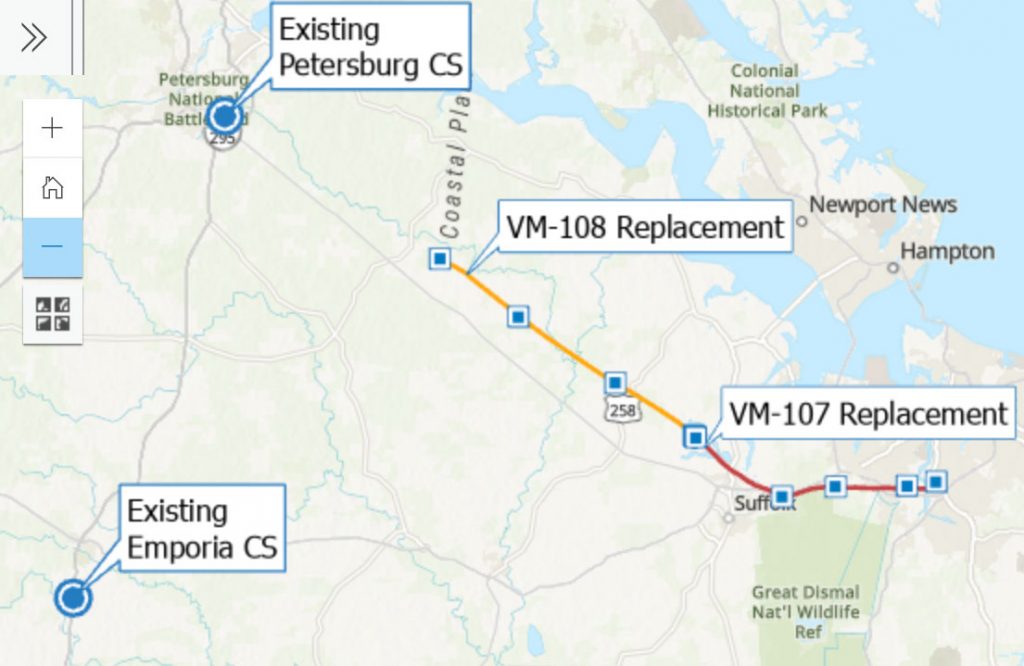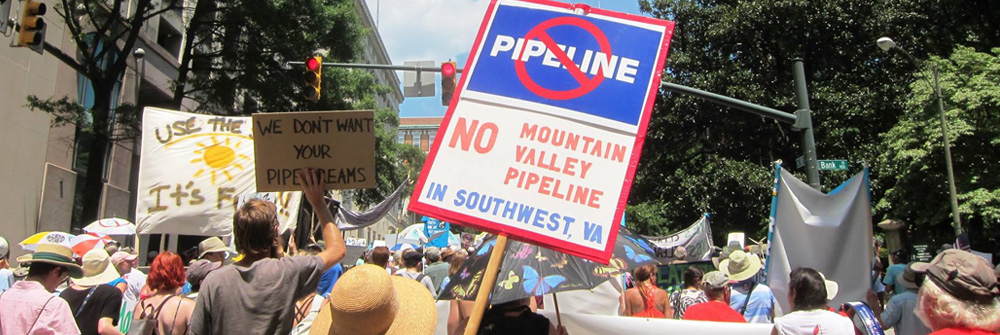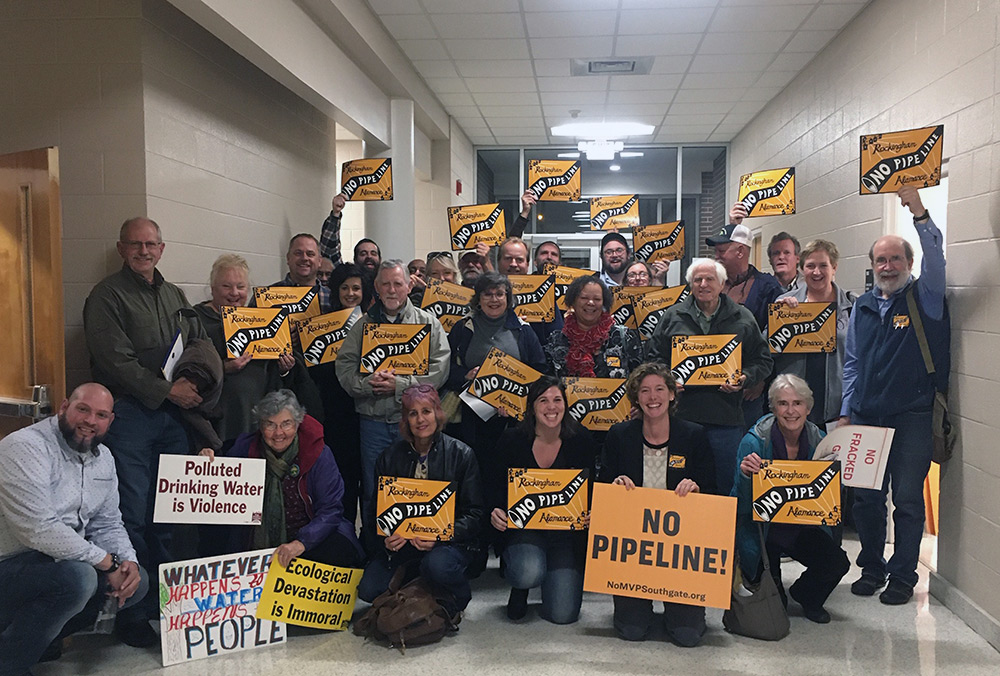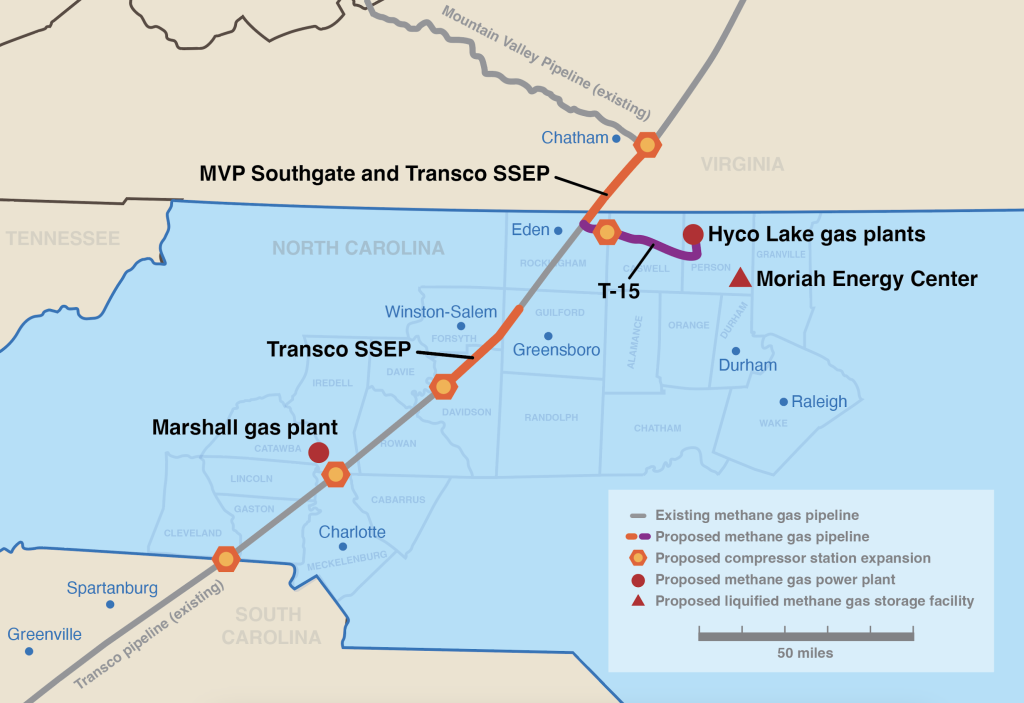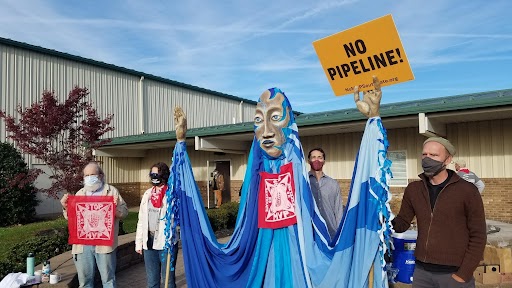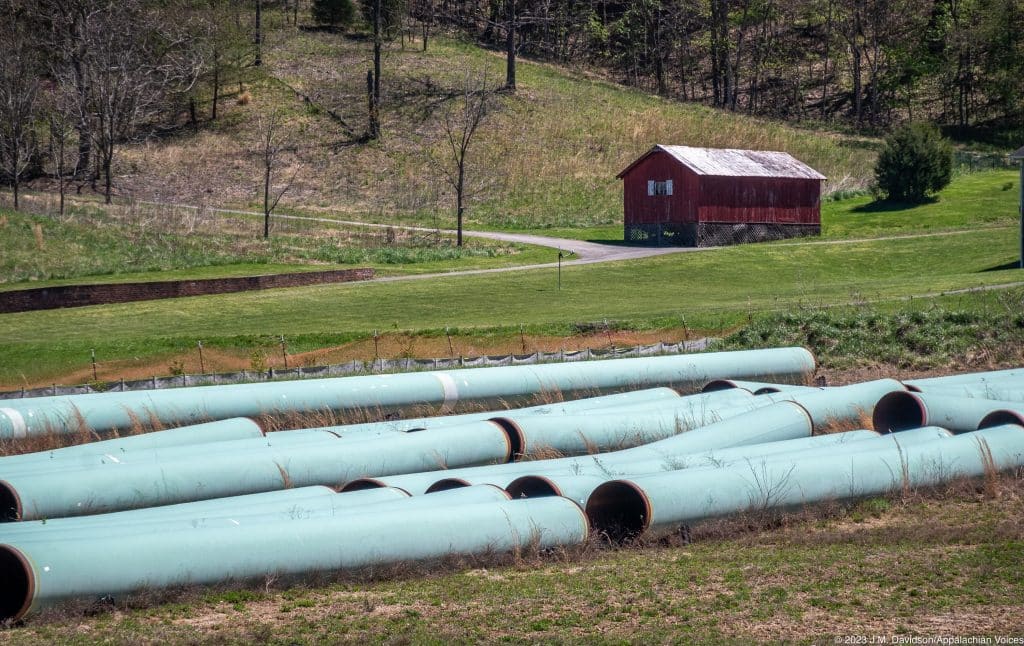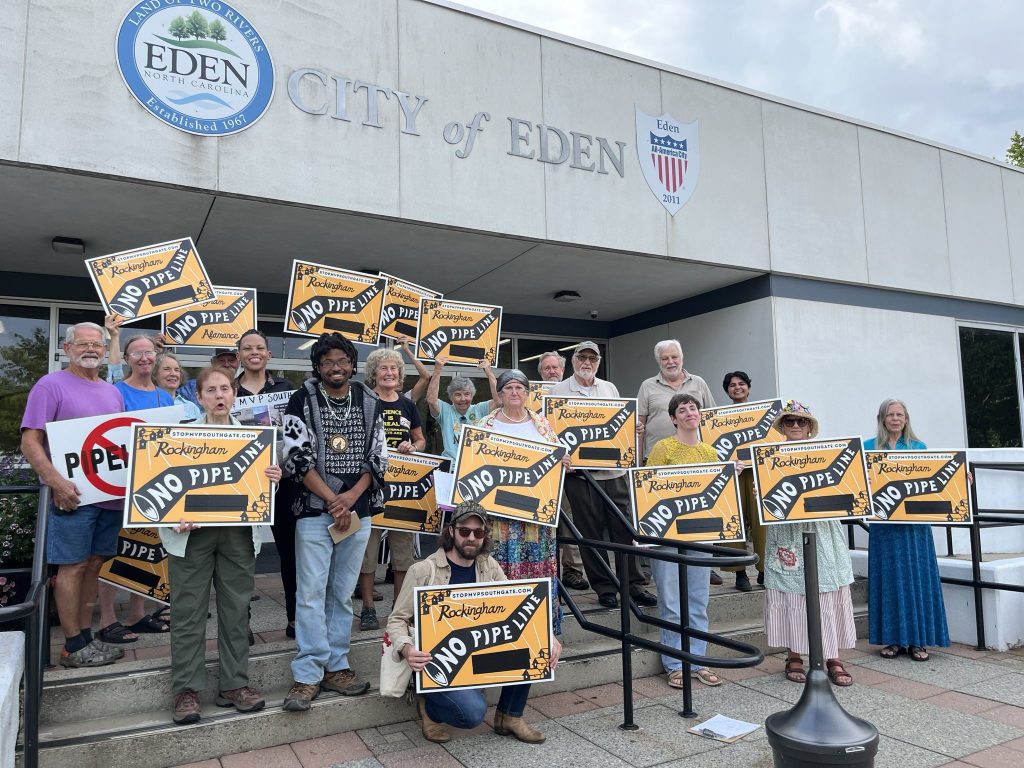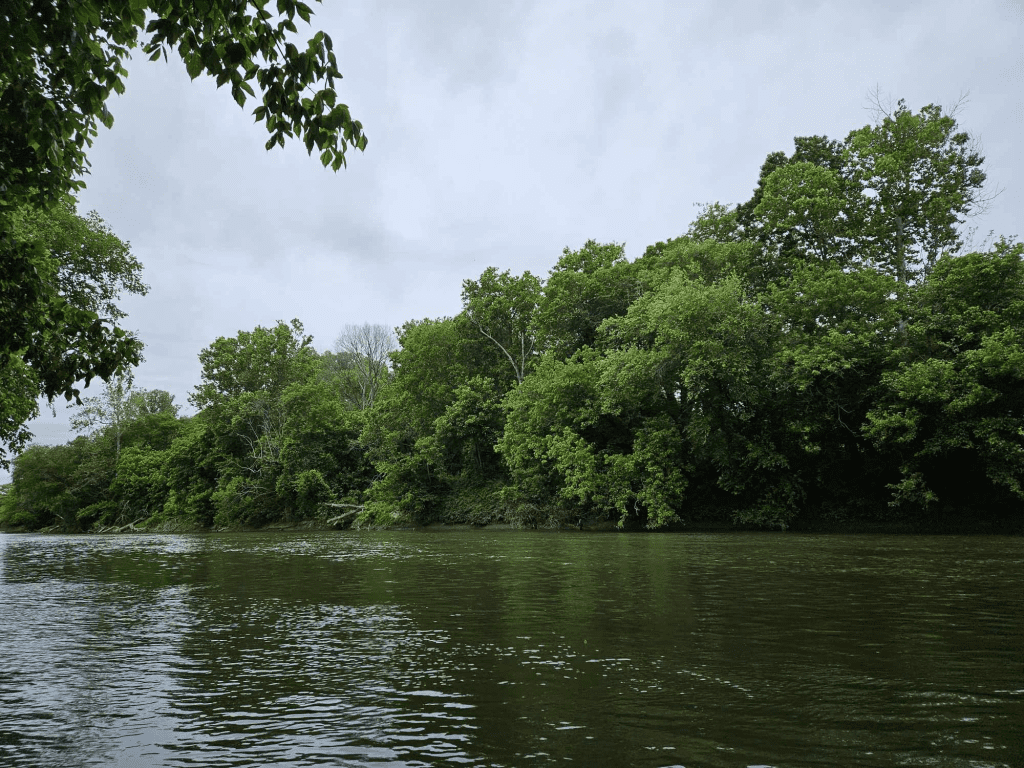Stop Pipelines & Fracked Gas

Photo By Sierra Shamer / Fractracker
Two decades ago, so-called natural gas exploded on the American energy market, pushed by the industry as a supposedly clean “bridge” fuel to transition the economy from dirty coal to renewable sources of electricity generation like solar and wind.
But this gas is far from clean. From the time that it is extracted using a destructive drilling method called fracking, its transport through pipelines, train cars and trucks, to the power plants where it is burned, the dire environmental and human costs of this fossil fuel are now abundantly clear. In particular, this polluting infrastructure is often sited in communities of color, lower-income areas and other environmental justice communities.
Studies show that investments in renewable energy and energy efficiency are on par with, or sometimes more affordable than, building new gas infrastructure. Many states are enacting policies to tap into the rising solar and wind sector. Yet the fossil fuel industry is rushing to build methane gas pipelines and power plants to squeeze as much profit as possible out of the waning fuel, putting most of the financial risk on customers.
Appalachian Voices is tackling the spread of fracked gas head-on by legally challenging fossil fuel proposals and pushing back against the antiquated policies and rubber-stamping agencies that govern the development of gas infrastructure. We are also partnering with communities in the fight against new fossil fuel infrastructure, providing resources and training to bolster local opposition. And we are pressuring decision-makers to force them to consider the harm to communities threatened by polluting energy development.
And the tide is starting to turn. In July 2020, Duke Energy and Dominion Energy canceled the 600-mile Atlantic Coast Pipeline. The massive fossil fuel project was riddled with problems, starting with the fundamental fact it was not needed to meet energy demand. Standing beside the many communities and organizations that made this historic victory possible, we’re taking this momentum and applying it toward the fight against other destructive, climate-harming projects that threaten community safety, our clean air and water, and that would raise electricity costs for residents.

Latest News
Statement on introduction of Pipeline Accountability Act
Late yesterday, Sen. Ed Markey, D-Mass., and Rep. Lori Trahan, D-Mass., introduced the Pipeline Accountability Act, a reintroduction of the formerly named Pipeline Accountability, Safety and Environmental Standards Act of 2025, which will make several improvements to the Pipeline and Hazardous Materials Safety Administration’s authority and capacity to regulate fracked gas, hydrogen, and carbon dioxide pipelines and ensure public safety.
Local residents, grassroots organizations call on North Carolina regulators to deny Mountain Valley Pipeline’s water permit application for Southgate project
Community leaders, grassroots organizations and members of the public spoke out against Mountain Valley Pipeline’s Southgate project at a public hearing on MVP’s application for a 401 water quality permit.
Statement on introduction of important pipeline safety bill
Yesterday, Sen. Ben Ray Luján, D-N.M., and Edward Markey D-Mass. and Reps. Scott Peters, D-Calif., and Troy Carter, Sr. D-La., introduced the Gas Pipeline Leak Detection and Repair Act of 2025.
People vs. Pipelines
Patricia Smarsh and Jeffrey Gilliam’s land is threatened by the Ridgeline Pipeline, a proposed methane gas project from Enbridge Inc.
Transco submits application for Southeast Supply Enhancement Project pipeline
On Friday, June 6, the Virginia Marine Resources Commission posted Transcontinental Gas Pipe Line Company, LLC’s Joint Permit Application for its proposed methane gas pipeline “Southeast Supply Enhancement Project.”
Mountain Valley Pipeline developer submits application for Southgate pipeline to NC DEQ
MVP developers submitted their application for a Clean Water Act Section 401 permit to the NC Department of Environmental Quality.

